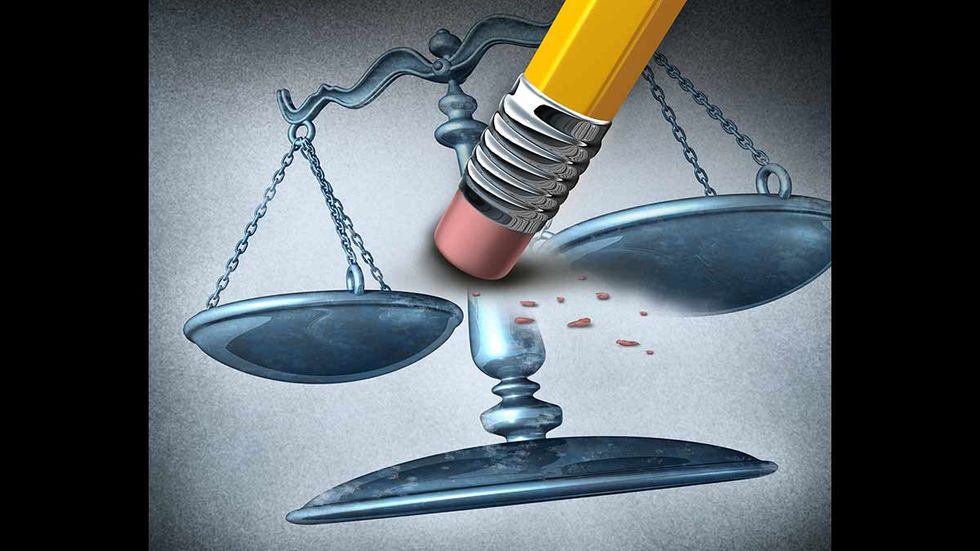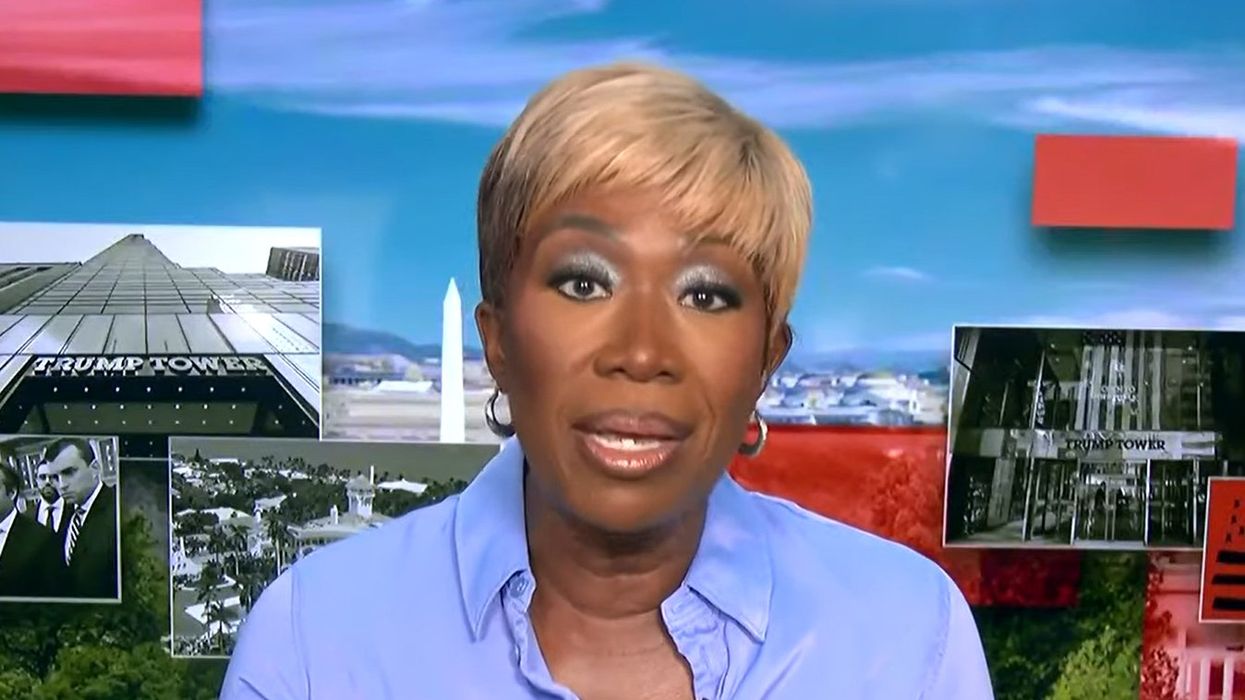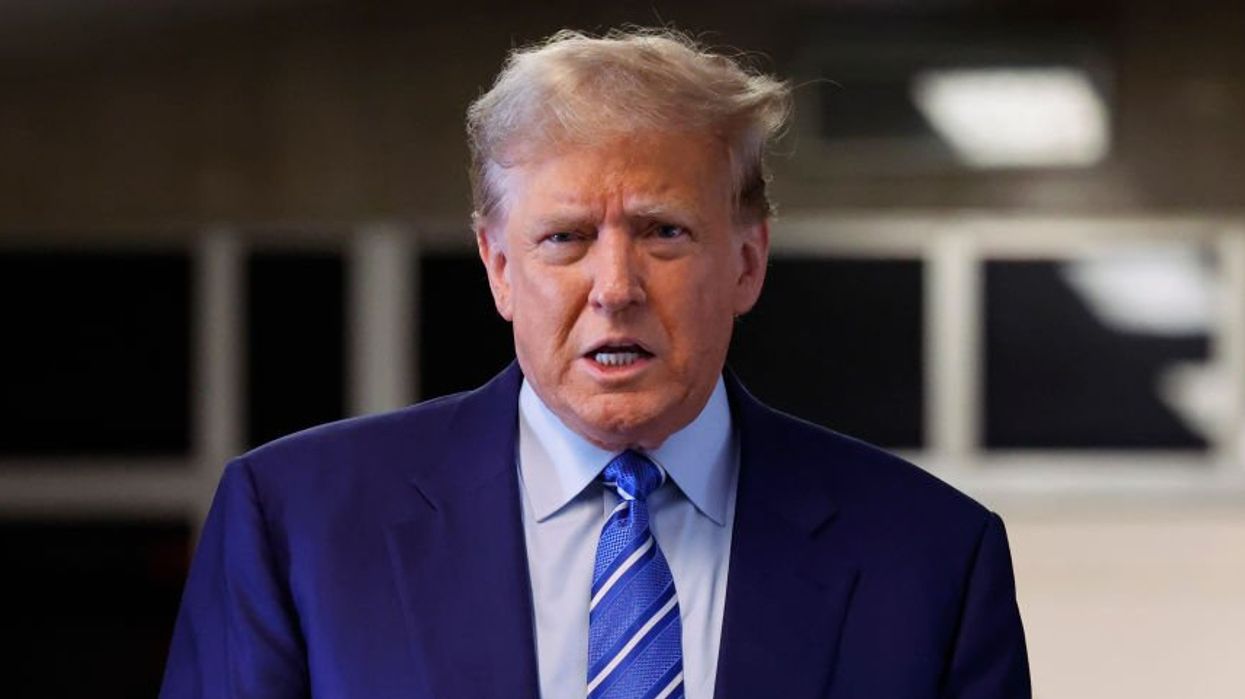
© 2024 Blaze Media LLC. All rights reserved.
Throughout the past year of election-law court cases, we’ve observed that the judiciary is not only rendering elections moot by becoming the final arbiter and serving as a veto on every political and social issue of our time; they are downright preventing conservatives from even winning elections.
The latest example is in the Georgia runoff between Karen Handel and Jon Ossoff to fill Tom Price’s suburban Atlanta seat.
Last Thursday, U.S. District Judge Timothy Batten, a GOP appointee, legislated from the bench and declared that the state must leave voter registration open until 30 days before the June 20 runoff, instead of cutting it off 90 days prior to the runoff (as required by state law). In other words, even though a runoff is a continuation of the initial election, those who weren’t registered to vote in Round 1 will be able to participate in the 6th Congressional District runoff.
That is fine public policy if state law permits it, but the notion that there is a federal right precluding states from making this common sense rule is absurd. This law has been in place for over a decade, including under the tenure of a Democrat secretary of state. Yet Democrats didn’t find a need to legislate from the judiciary until they needed it in this election.
Now that the courts are legislating new registration dates in middle of an ongoing election, state election officials are concerned they will not be ready with testing of new equipment thanks to the changes. This is part of a growing trend of federal courts interfering in ongoing state and local elections after decisions were already made.
For example, last year the Fourth Circuit Court of Appeals “struck down” North Carolina’s election maps after candidates had already spent great amounts of time and money campaigning in the district duly drawn by the state legislatures.
A couple of other observations are also in order:
- Isn’t it interesting how the courts recently said that the federal government, which has plenary power over immigration, can’t force states to comply with immigration law? Yet at the same time, the unelected branch of the federal government can control policies that are manifestly controlled by local government? What happened to the “anti-commandeering” doctrine?
- Many observers thought that the 2013 Shelby County case, wherein the court struck down one provision of the Voting Rights Act, would lead to an era of states having more control over election law. Quite the contrary — it has led to successful lawsuits striking down every aspect of state law. We’ve seen the courts in recent months nullify every Republican redistricting map; mandate weeks of early voting; prevent states from asking for photo ID at the polls or verify proof of citizenship for voter registration; block states from combating voter fraud; and generally require the implementation of any administrative method or procedure of voting that is preferred by Democrats.
- The growing trend of the courts becoming the sole and final arbiter of political disputes between the two parties over election law — and almost always in favor of Democrats — will force GOP leaders to confront judicial tyranny. We know Republicans don’t really care about the social transformation being forced on us by the courts with social issues and immigration, but don’t they care about their own power? They won’t be able to win elections anymore if courts side with Democrats on every election-law dispute and strike down every GOP map (while leaving in place Democrat gerrymanders).
- Once again, a GOP judge sided with a Democrat political outcome. The problem is, no Democrat appointee ever sides with Republicans, which creates a permanent imbalance in the judiciary.
Unless something is done to strip the federal courts of power over election law, the courts are going to continue redefining the Constitution and interpreting the VRA in the strictest way possible. The entire premise of judicial supremacy and interpreting federal election law so stringently against the states violates the entire constitutional scheme behind election law.
As a baseline, the Election Clause [ Art. I, §4, cl. 1] vests states with the power to regulate the times, places, and manner of federal elections. Speaking at the Virginia Ratifying Convention, James Madison defended this arrangement, because "[i]t was found necessary to leave the regulation of [federal elections], in the first place, to the state governments, as being best acquainted with the situation of the people.”
Even though the second half of the Election Clause grants Congress the right to regulate elections when necessary, it’s important to remember that A) it was only to be in extraordinary circumstances [Hamilton, Federalist No. 59], B) the federal courts have no power over enforcing this issue, and C) it was primarily for the purpose of ensuring that elections are indeed held and Congress is not abolished altogether by the states [Hamilton, Id].
The notion that Congress, much less the courts, could get involved in the minutiae of election procedures flips the Constitution on its head. Indeed, Roger Sherman, one of the greatest of the founders, made it clear that even the rare intervention of Congress was for the basic method of holding an election — but “the qualifications of the electors are to remain as fixed by the constitutions and laws of the several states.” [A Citizen of New Haven: Observations on the New Federal Constitution, Connecticut Courant, Jan. 7, 1788]. See also Madison in Federalist No. 52.
The notion that the federal government could get involved in the number of days of registration would have been foreign to our founders. Even if we defend the continuation of the Voting Rights Act’s interventions because they were needed decades ago to stop Jim Crow laws, it is simply against the spirit of the Constitution for the courts to apply those laws beyond their original intent.
Want to leave a tip?
We answer to you. Help keep our content free of advertisers and big tech censorship by leaving a tip today.
Want to join the conversation?
Already a subscriber?
Blaze Podcast Host
Daniel Horowitz is the host of “Conservative Review with Daniel Horowitz” and a senior editor for Blaze News.
RMConservative
more stories
Sign up for the Blaze newsletter
By signing up, you agree to our Privacy Policy and Terms of Use, and agree to receive content that may sometimes include advertisements. You may opt out at any time.
© 2024 Blaze Media LLC. All rights reserved.
Get the stories that matter most delivered directly to your inbox.
By signing up, you agree to our Privacy Policy and Terms of Use, and agree to receive content that may sometimes include advertisements. You may opt out at any time.



